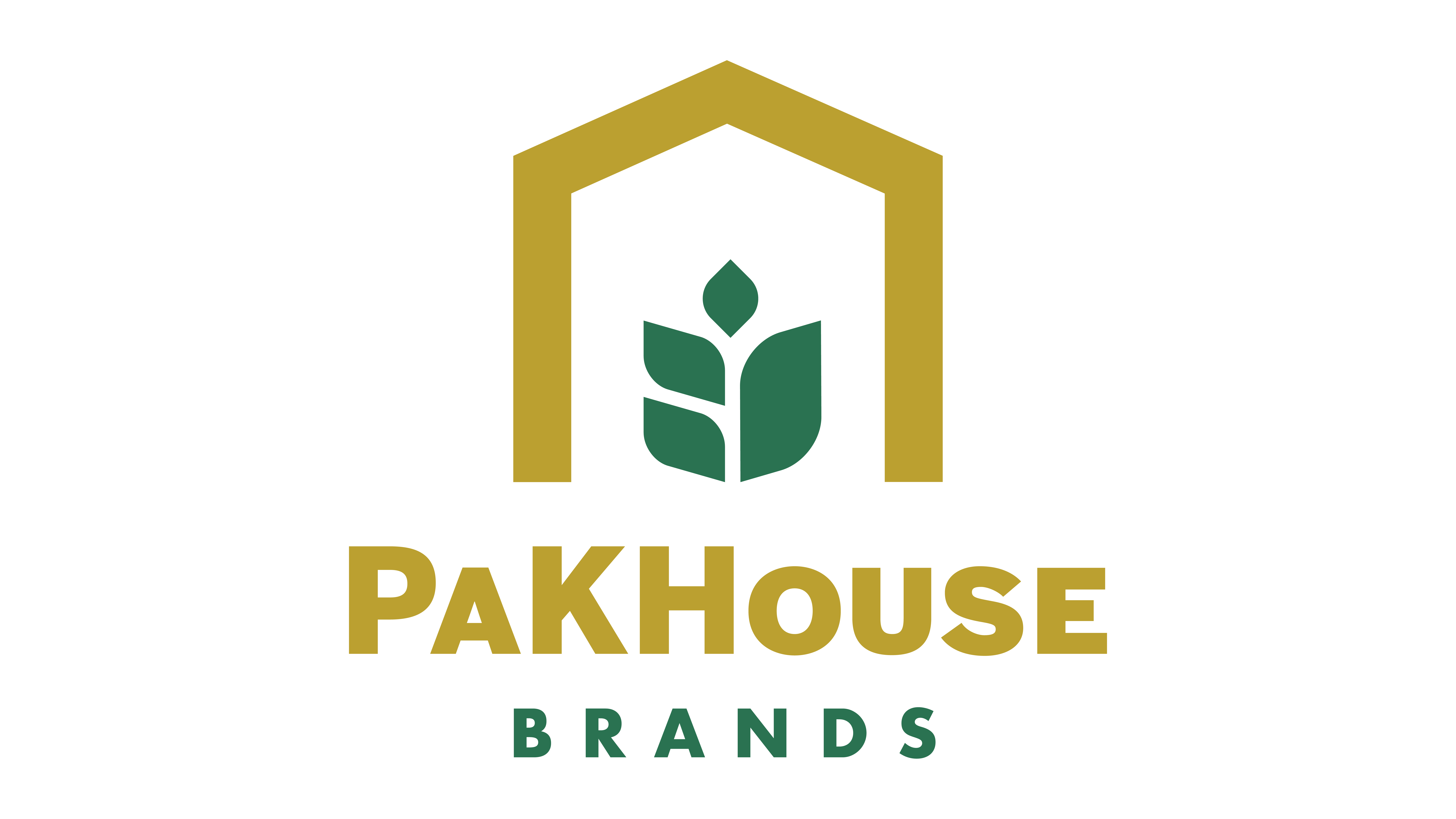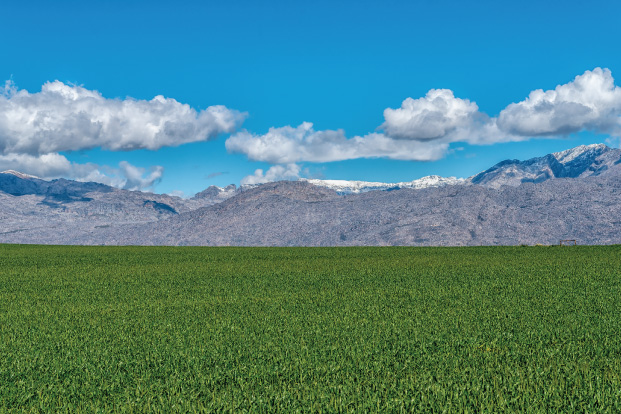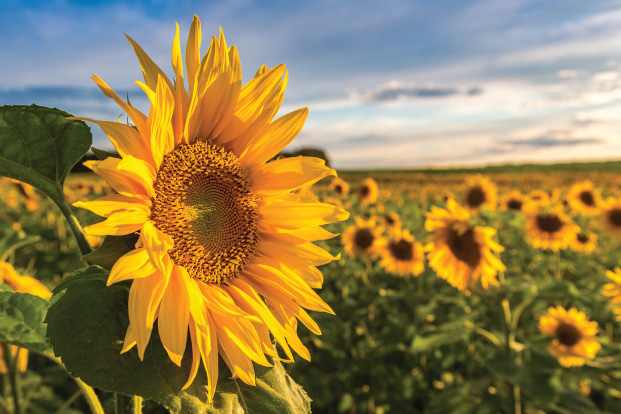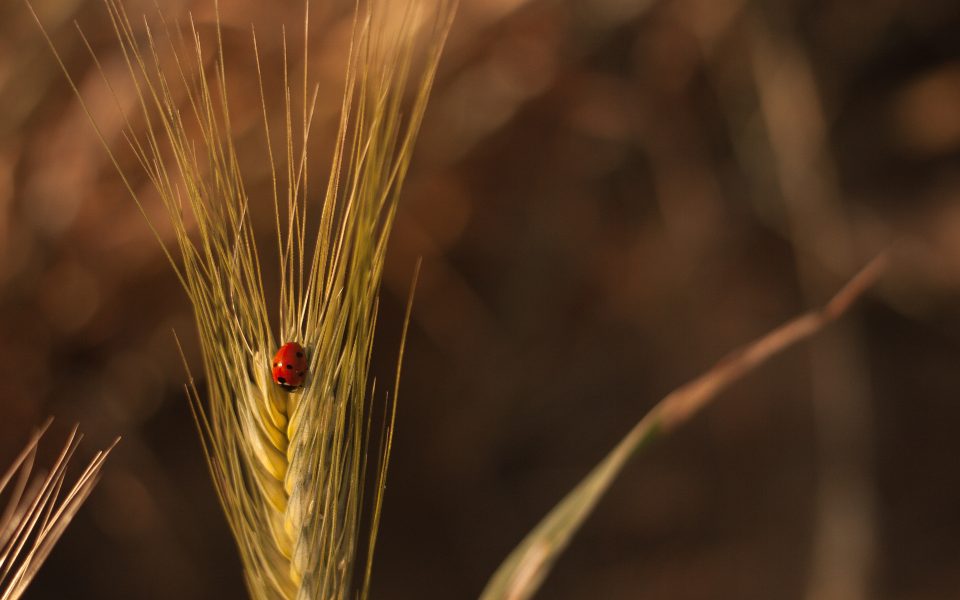EU eases black-spot rules on South African citrus

Wheat prices hit record high
May 27, 2016
Poor communication costs fruit exporters a foothold in growing Asian markets
May 30, 2016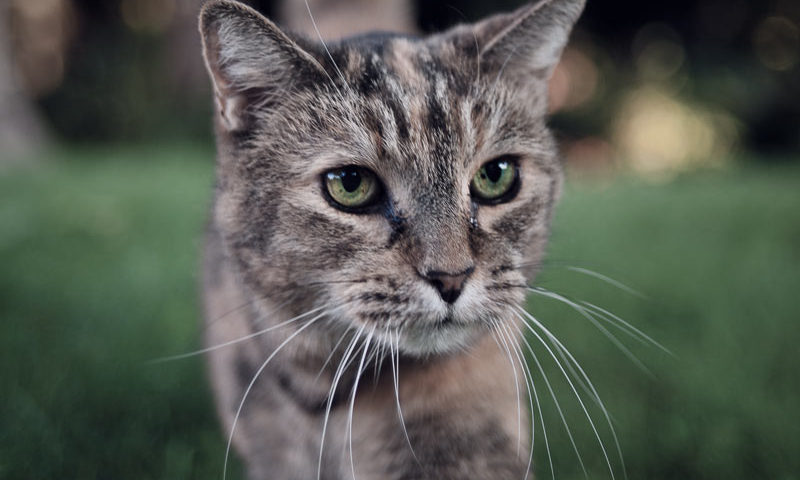
The European Union (EU) has announced plans to partially relax citrus black spot (CBS) regulations on fruit exported from South Africa from June 1. The European Commission decided earlier this month that South African citrus exports destined exclusively for industrial processing into juice would not be subject to full phytosanitary control regulations put in place to combat CBS in Europe.
Citrus fruit destined for juicing must still come from CBS-treated areas, but will only be subjected to a visual inspection. In addition, if CBS is detected, only that batch will be refused and the originating packing centre in South Africa will not be affected. The relaxation follows a European Food Safety Authority risk assessment, which determined a low risk of CBS transfer from citrus destined for processing into juice. The new regulations also do away with the prevailing CBS interception threshold of five; a limit that was meant to trigger stronger control measures. EU head of delegation to South Africa Ambassador Marcus Cornaro tells Engineering News Online that the relaxation of the control measures reflect the “good progress” that has been achieved between South African citrus growers, the South African government and the EU on the issue of CBS compliance.
“We expect exports of citrus headed for juicing to increase thanks to these measures.” South Africa, however, continues to contest the science behind the EU’s CBS controls, while the domestic industry has lamented the cost of compliance, noting previously that it had been forced to invest about R1-billion to manage the EU’s actions on CBS. It is not immediately clear what cost savings could arise from the new regulations. However, it is believes that more than 10% of South African citrus exports are destined for juice production. Nevertheless, the measures taken have aided a recovery in citrus exports, which rose to 504 000 t in 2015 – up from 466 500 t in the previous year, when the CBS issue emerged as a major area of tension in the trade relationship between South Africa and the EU. Cornaro expects the recovery to continue during the 2016 season, but notes that yields had been affected by the South African drought.
He also highlights that the revision of the regulations will place the South African industry in a relatively stronger position when compared with citrus originating in Brazil and Uruguay, which will be subject to the same phytosanitary regulations as South Africa and where CBS is found on a larger scale. The measures taken, Cornaro insists, should not be viewed as an attempt at protectionism, but rather as a way of preserving the EU’s status as the “single biggest CBS free area in the world”. He adds that, once the Southern African Development Community Economic Partnership Agreement comes into force, exports to the EU of sweet oranges will gradually be allowed to enter duty free for an extra six weeks (October 16 to November 30) during the season. South Africa is the source of around 60% of EU citrus imports during the European summer, when there is no EU production.
Written by Terence Creamer
Source: http://www.engineeringnews.co.za/article/eu-eases-black-spot-rules-on-south-african-citrus-destined-for-juicing-2016-05-19
